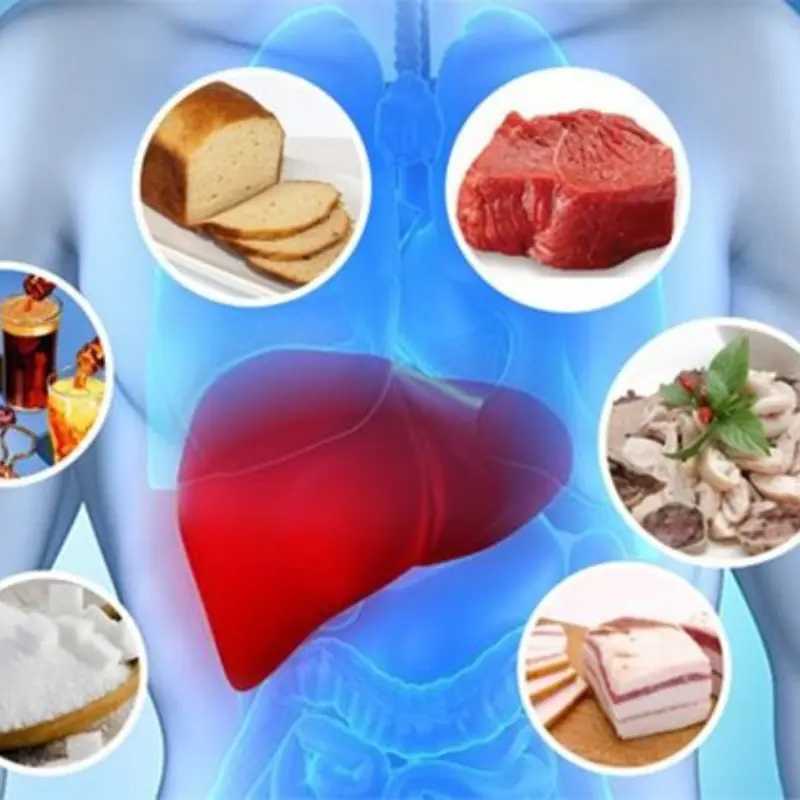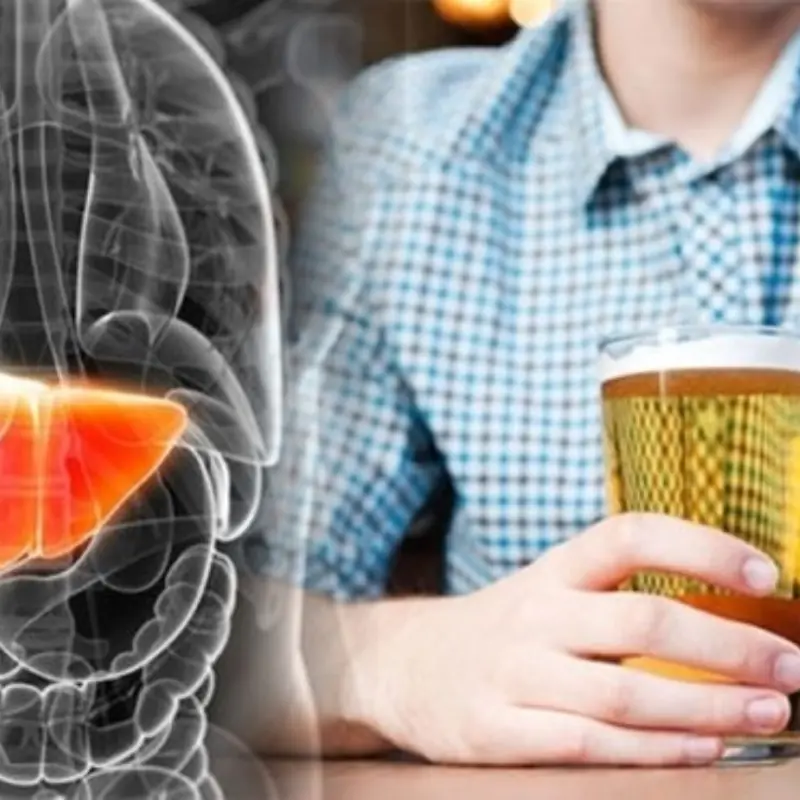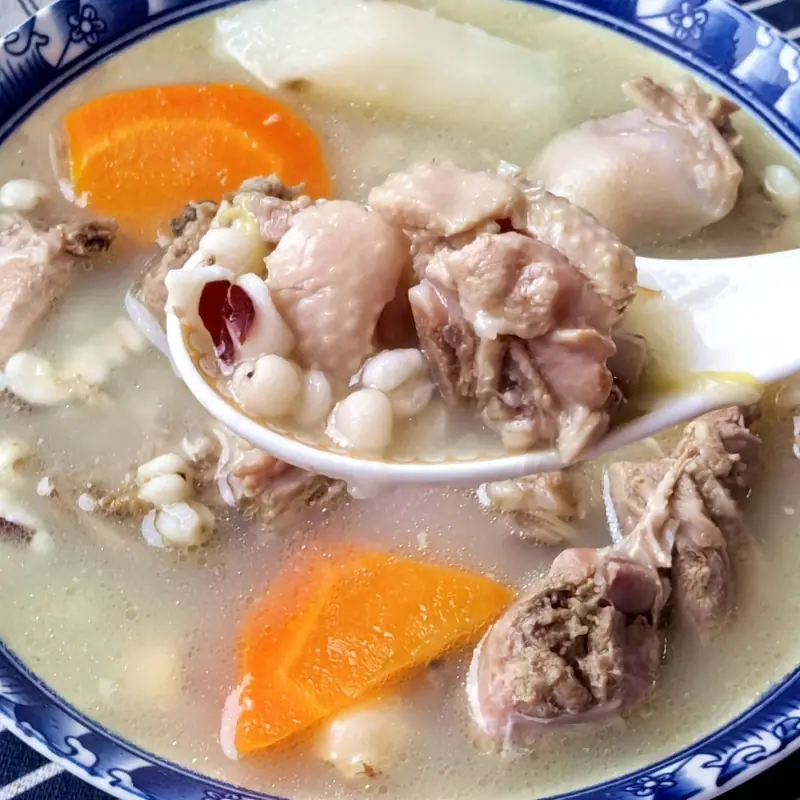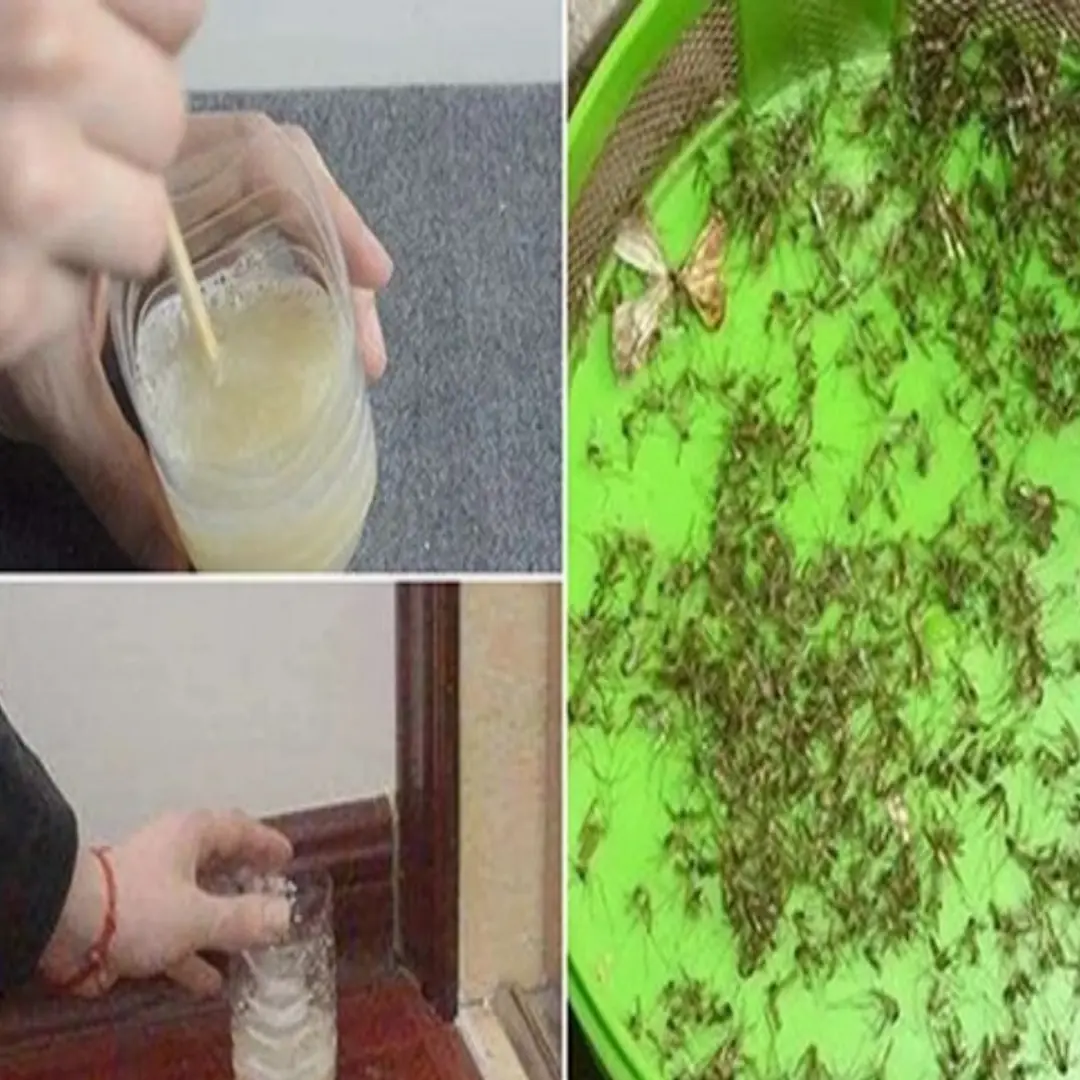
Using This After Drinking Al.c.o.h.ol Doubles Liver Damage and May Lead to Early Cirrhosis
Drinking alcohol already places a heavy burden on the liver, but combining it with certain substances can multiply the damage—sometimes without people even realizing it. One common habit many people have after consuming alcohol could silently accelerate liver deterioration and increase the risk of early cirrhosis.
What Is the Dangerous Combination?
Many people reach for painkillers like acetaminophen (paracetamol) after drinking alcohol, hoping to relieve hangover symptoms such as headaches or body aches. While this may seem harmless, it's actually one of the most dangerous things you can do for your liver.
Both alcohol and acetaminophen are processed by the liver. When taken together—or within a few hours of each other—they can overload the liver’s detox system, leading to the rapid accumulation of toxic byproducts. This significantly increases the risk of liver inflammation, damage, or even acute liver failure.
Why This Combo Is So Harmful
Liver overload: Alcohol weakens liver function, making it harder for the body to safely break down medications.
Toxic buildup: When the liver is busy processing alcohol, it can't handle acetaminophen properly, allowing harmful substances like NAPQI (a toxic metabolite) to accumulate.
Silent damage: This combination may not cause immediate symptoms, but repeated use can lead to chronic liver injury and cirrhosis over time.
What Is Cirrhosis?
Cirrhosis is a condition where healthy liver tissue is gradually replaced with scar tissue. As the liver becomes more scarred, it struggles to perform basic functions such as detoxification, nutrient processing, and bile production. Symptoms of cirrhosis may include:
Fatigue and weakness
Yellowing of the skin or eyes (jaundice)
Swelling in the legs or abdomen
Easy bruising or bleeding
Mental confusion in advanced stages
Early cirrhosis often shows no obvious symptoms, which is why prevention is key.
Other Common Substances That Worsen Liver Health After Alcohol
Besides acetaminophen, you should also avoid these after drinking:
Energy drinks: High in caffeine and sugar, which stress the liver.
High-fat or greasy foods: Increase liver workload and slow down alcohol metabolism.
Herbal supplements: Some herbs like kava or comfrey can be toxic to the liver when combined with alcohol.
Healthier Alternatives After Drinking
If you need relief after consuming alcohol, try these liver-friendly options:
✅ Drink water or electrolyte-rich beverages
✅ Get rest and allow the liver to recover naturally
✅ Use cold compresses for headaches instead of medication
✅ Eat light, healthy meals with fruits and vegetables
Final Thoughts
While it may seem harmless to pop a painkiller after drinking, doing so can double the strain on your liver and set the stage for early liver disease. Many people still use this combination without knowing the risks—but now that you do, it’s time to break the habit.
Protect your liver now, and it will protect you for a lifetime.
News in the same category


When the Liver Is Unhealthy, the Body May Show '3 Yellows and 1 Red'

🧄 ALL THE DIRT COMES OUT OF THE BODY.

Overlooking These Signs, Young People Increase Their Risk of Stro.ke

10 Surprising Benefits & Uses of Cloves – A Powerful Natural Remedy

10 Cancer-Linked Foods You Should Never Put in Your Mouth Again

Eat boiled green bananas every day - Unexpected health benefits

Pumpkin is really good, but for these 5 groups of people, it is a "double-edg.ed s.word" for health and should be limited

A new can.cer vaccine trains the immune system to recognize and attack tumor cells

Natural Treatment for Diabetes, Stomach Issues, and High Blood Pressure

What are the benefits of drinking lemon water?

Eliminate Nail Fungus Naturally

Natural remedy for sore joints and bones: Only four ingredients!

Overeating These 5 Foods Is Like ‘Overworking and Straining’ Them

No Matter How Delicious, Avoid Overeating These Foods to Protect Your Liver

Two strange points of headache warn of brain tumor, don't ignore

5 Drinks That Damage the Liver Faster Than A.lco.ho.l

Limit Chicken and Beef in April, Prioritize These 3 Nutritious Meats

5 Foods That Are Considered "Parasite Havens" – Some of Which Are Very Popular
News Post

Mix washing powder with a can of b.eer and leave it in the corner of the house. No matter how many mosquitoes there are, they will all be ki.ll.ed

There Are 7 Items in Your Home That Never Expire

When the Liver Is Unhealthy, the Body May Show '3 Yellows and 1 Red'

🧄 ALL THE DIRT COMES OUT OF THE BODY.

A Fish Called the "Ginseng of the Sea": Cheaper Than Meat, More Nutritious Than Bird’s Nest – Often Overlooked

The Photo That Took the Internet by Storm: Can You Spot the Special Detail?

Overlooking These Signs, Young People Increase Their Risk of Stro.ke

10 Surprising Benefits & Uses of Cloves – A Powerful Natural Remedy

10 Cancer-Linked Foods You Should Never Put in Your Mouth Again

Eat boiled green bananas every day - Unexpected health benefits

3 parts of shrimp that "accumulate t.oxins" - Many people eat them without knowing

Pumpkin is really good, but for these 5 groups of people, it is a "double-edg.ed s.word" for health and should be limited

A new can.cer vaccine trains the immune system to recognize and attack tumor cells

5 types of poisonous meat and fish that are so terrible that sellers don't dare eat a piece

If the electric fan is dirty, don't rush to disassemble it.

Natural Treatment for Diabetes, Stomach Issues, and High Blood Pressure

What are the benefits of drinking lemon water?

Eliminate Nail Fungus Naturally
